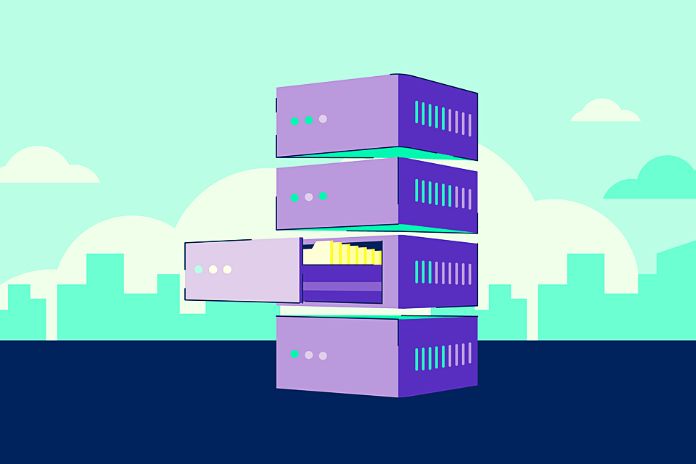Autonomous Database: What does that mean? The database market was shaken by Oracle’s announcement about creating an autonomous database.
Machine learning has made its way to this market too! And the inclusion of Machine Learning in this area promises to change how companies manage their data.
Today, the volume and speed at which information is generated exceed the ability to manage it manually, preventing companies from accessing important insights for strategic business management.
However, due to the intelligent automation features of the autonomous database, the expectation is that this process will be done faster, more efficiently, and without human intervention.
In this post, you will understand what an autonomous database is, how it works, why it is innovative, and how your company can benefit from this technology.
What Is A Standalone Database?
It is a database based on cloud computing that uses Machine Learning (ML) and Artificial Intelligence (AI) so that routine tasks are carried out autonomously. Several activities can be automated, such as:
- Backups;
- Safety;
- Updates;
- Workload provisioning;
- Creation of indexes;
And other activities traditionally performed by DBAs (Database Administrators). Unlike a traditional database, the standalone performs activities without human intervention, freeing up the DBA for high-value tasks for the business.
Why Is The Autonomous Database So Disruptive?
The features that eliminate any human interference make the autonomous database so disruptive.
The traditional database automates specific tasks but requires DBAs to update or correct errors. A standalone database is capable of doing all the work on its own.
This is possible due to the use of three resources:
- Self-execution: Machine Learning acts by continuously optimizing performance and makes the necessary adjustments in data processing and storage;
- Self-protection: performs security updates, encrypts, and protects company information against internal and external cyberattacks. All this without making the autonomous database unavailable;
- Self-healing: This functionality prevents downtime. Maintenance and patching are performed automatically, with no downtime.
One of the strong points of the standalone database is its average monthly downtime, which is less than 2.5 minutes and delivers 99.9995% reliability.
It is an innovative and advanced technology that increases data security and availability, delivers high performance, and reduces errors and workflow interruptions.
How Can A Company Benefit From An Autonomous Database?
Currently, DBAs are faced with a scenario where they are overloaded with manual tasks involving data management and maintenance.
This high demand tends to lead to errors, which can affect performance – frustrating customers – and even business security, leaving vulnerabilities exposed and unprotected.
Not to mention the planned and unplanned maintenance that interrupts the daily routine, negatively affecting the company’s productivity.
By relying on the autonomous database based on cloud computing combined with AI and ML, the reduction in the number of failures is significant. And as a result, DBAs are redirected to more strategic activities, generating high-value insights.
In addition to those already mentioned, directly impacting the execution of their services, such as:
Preventive Cyber Security
ML algorithms can improve enterprise cybersecurity by analyzing logged data and identifying and flagging anomalies before attackers act.
Easy Scalability
The database based on cloud computing allows the expansion or reduction of memory and processing resources instantly, according to the business needs.
This grants greater flexibility to the business, which can, for example, increase its processing capacity to carry out a project and then reduce it.
Ongoing Remediation Of Database Patches
Continuously patching and updating security patches and vulnerabilities is critical to preventing attacks. Generally, hackers take advantage of these flaws to violate company data.
These gaps appear more frequently in traditional databases, as updates occur manually, unlike the autonomous database.
In turn, the autonomous database executes the existing patches automatically on the cloud computing servers, preventing the formation of possible security breaches.
Agility In Application Development
The self-contained database also enables developers to build secure, scalable business applications quickly. This is possible because data storage is done in an already pre-configured and fully manageable environment.
Ultimately, autonomous databases can help you truly harness the full potential of cloud computing.
Also Read: Eight Management Software For Your Business

